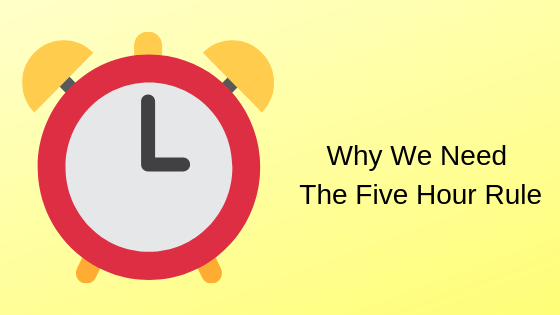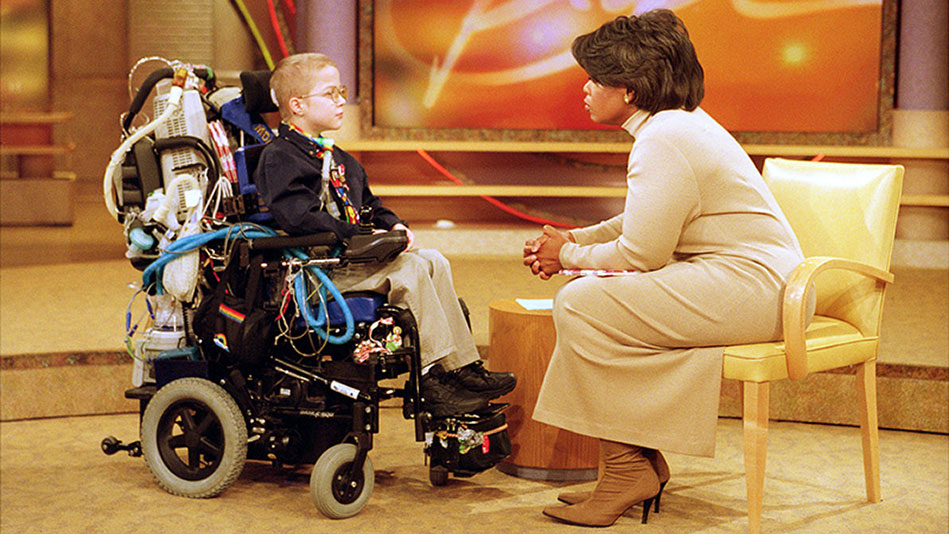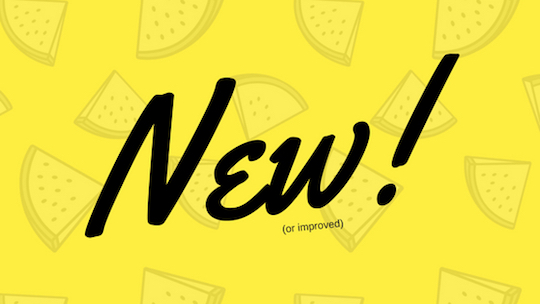“When you talk with other people, raise the conversation just a little higher.”
—Tzvi Freeman, Canadian Rabbi and author
A Brief History of the Future is a unique six-part PBS documentary series about our futures and how we can re-imagine them, hosted by renowned futurist Ari Wallach.
The series invites viewers on a journey around the world that is filled with discovery, hope, and possibility about where we find ourselves today — and what could come next.
It challenges us and the dystopian framework embraced by popular culture by offering a refreshing and uplifting take on the future.
EXERCISE:
Please watch this series and join the wide range of thinkers, scientists, developers, and storytellers with your own uplifting and positive vision of what’s possible for our future.












